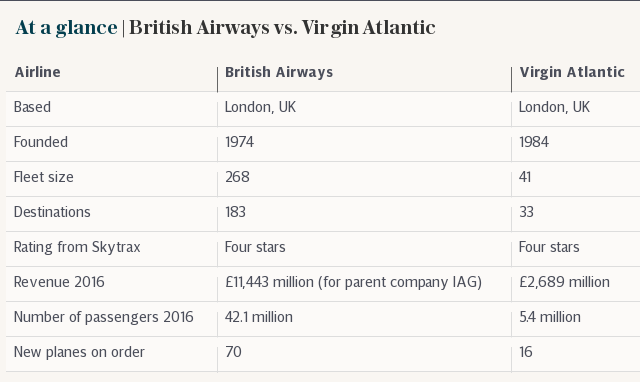BA and Virgin planes warned to stay within an hour of an airport amid engine safety concerns

British Airways and Virgin planes have been warned to stay within an hour of an airport over safety fears for their Rolls-Royce engines.
Passengers could face increased flight times after authorities ordered planes to be within an hour of airports following the discovery that some of the the £7.4m ($10m) Boeing’s 787 Dreamliner jet engines suffered from cracking and corrosion.
Concerns over potential wear and tear problems on the Rolls-Royce Trent 1000 engines, used to power some Boeing 787-9 planes, were first discovered two years go when the manufacture announced it was carrying out extra inspections.
The "package C" engine was first grounded by Japanese airline ANA in 2016 when it found engines had corroded turbine blades. An Air New Zealand 787 had to return to Auckland airport after the pilots noticed problems and shut down an engine.
While the inspections are carried out on the engines, the Federal Aviation Administration (FAA) - the civil aviation watchdog in America - has ordered some 787 planes must fly within an hour of an airport in case of an emergency.
But BA said it did not expect to see disruption to flights as only a small number of their 787-9 planes that used this type of engine were actually affected by the order.

Many BA 787-9s are allowed to fly within three hours of the nearest airport and others can go more than two hours - 140 minutes - away from a runway.
The restrictions mean some transatlantic flights could face increased flying time of up to an hour - extending journey times to New York to eight hours.
Both British Airways and Virgin have 17 Dreamliners each, flying to New York, Los Angeles, Moscow, Kuala Lumpur and Beijing, while Air New Zealand and Air China, who grounded their 787s last week, both use the engines.
A spokesman for BA said: "The safety of our customers and crew is always our top priority and we would never operate an aircraft if it was unsafe to do so.
"Like other airlines around the world, we are carrying out detailed precautionary inspections on Rolls-Royce Trent 1000 engines on some of our Boeing 787-9s to ensure we meet all the relevant regulatory requirements.
"Our Flight Planning teams have enormous experience in managing flight paths on our global network every day and always ensure we meet the relevant safety regulations."

Virgin said it has added extra Airbus aircraft to its fleet due to the restrictions and an industry-wide shortage of the engines.
On Friday Rolls-Royce said it was working to repair the problems but added it might not be fully resolved until 2022
A spokeswoman for Virgin Atlantic said: "All airlines flying twin engine aircraft have a requirement to be within 60 minutes of a diversion airfield. This can be varied under regulation depending on route requirements and regulatory approvals.
"There’s currently an industry-wide shortage of Trent 1000 engines, which is impacting airlines around the world. In order to avoid disrupting our customers, we have added additional aircraft to our fleet, including four A330-200s.
"We always fully comply with all safety requirements and don’t anticipate any impact to our services."

 Yahoo News
Yahoo News 